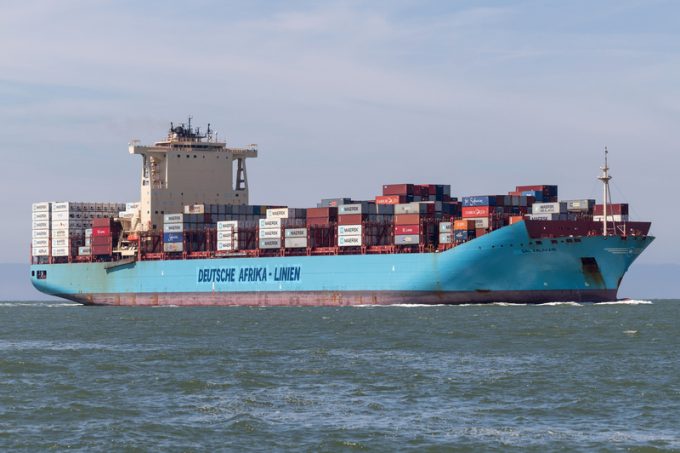Hutchison's $22.8bn port sale – on the lookout for Gemini...
A ripple in many ports

Hapag-Lloyd today reported a net profit of $10.75bn for 2021, which was accompanied by news that it will acquire the liner business of compatriot Africa trade specialist Deutsche Afrika-Linien (DAL).
The acquisition of the DAL brand will strengthen Hapag-Lloyd’s footprint in South Africa and follows its purchase of niche West African trade carrier NileDutch last year.
The iconic 130-year-old DAL employs over 150 people with own offices in Germany and South Africa, owns one 6,589 teu ship, the 11-year-old post-panamax DAL Kalahari ...
Ceva Logistics UK named and shamed as a 'serial late-payer'
Freightmate 'a product of theft, not ingenuity' says Flexport
Box ship in collision with tanker off UK coast
GXO Wincanton deal could see supermarkets funded to invest in new 3PL
M&A speculation swirls as EV Cargo unveils 'robust financial position'
White House can't see that trade war will hit US agriculture hardest

Comment on this article